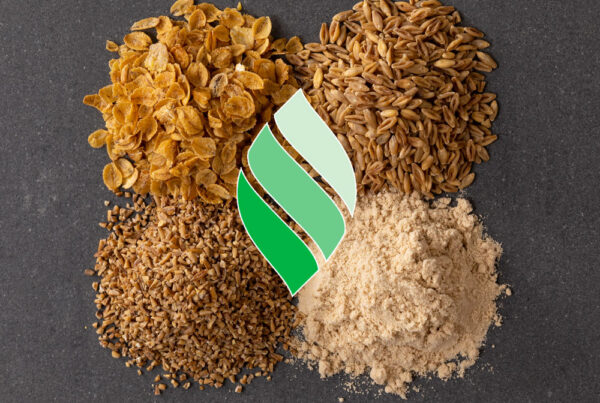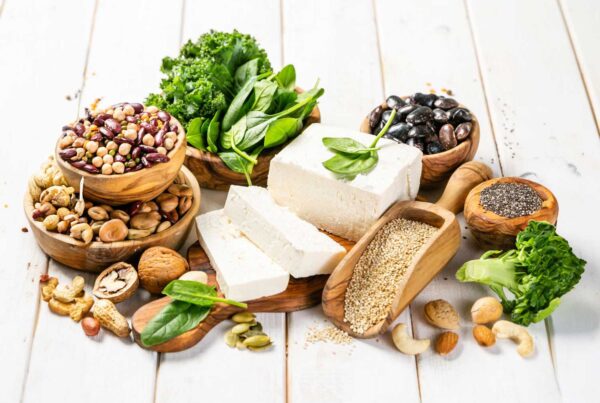If you’ve walked down the supermarket aisle of late, you’d no doubt have noticed a huge proliferation of products touting the benefits of collagen. Here’s the in, the out, and what you need to know.
Some in the medical profession question how collagen, a protein, that is likely broken down by digestive enzymes in the gut can have an effect on the skin. However, there are some trials demonstrating such an effect indicating that there are many things we have yet to learn about consuming it. Reviewers in 2019 wrote “Preliminary results are promising for short- and long-term use of collagen supplements for wound healing and skin aging”.
What is collagen?
No sorcery or trickery here, collagen is a protein. Already existing and synthesised within your body and accounting for around one third of all protein in your body, it is a critical building block for muscles, skin, bones, ligaments and tendons. It’s also critical for the healthy functioning of your blood vessels, teeth and eyes. Quite often referenced when it comes to skin care, the human body naturally produces less and less collagen as we age – which is outwardly seen through decreased plumpness of skin and the development of (gasp) wrinkles. A decrease in collagen production may also lead to loss of muscle mass, decreased flexibility in tendons and ligaments, and even gastrointestinal problems.
Where can collagen be sourced from?
You’d be excused for thinking that collagen can only be sourced from the products that are now highlighting it front and centre on pack – think greens powders, supplements and even snack bars and protein balls. In fact, there are a multitude of different collagen sources.
Non-plant sources include beef, egg whites, chicken and fish.
There are vegan sources advertised but these are unlikely to be the same as the collagen animals synthesise but may mimic their effects
Advertised plant sources include some citrus fruits and berries, leafy greens, tomatoes, capsicum, avocado and soy beans.
What are the benefits of consuming collagen?
As we’ve covered it is a critical building block for our bones, ligaments, joints, skin and muscles. As you’d expect, ensuring that you consume adequate amounts of protein through your diet is critical to ensuring the body can synthesise the collagen it needs and maintain the optimal health of these elements within the body.
Studies have shown also that collagen consumption can improve skin elasticity. So, there is possibly a role for specifically eating it. What we haven’t covered, however, is whether it can play a role in maintaining gut health.
Research indicates that it can help to support a healthy structure for the digestive system – and when you consider that the average adult digestive tract is 30 feet long, it’s important that it’s kept in tip-top shape! It is suggested that collagen can also assist with the absorption of nutrients – by keeping the gut structurally sound, the body has optimal change for nutrient absorption.
Remember, whilst collagen powders are increasingly popular, and increasingly accessible – it is naturally abundant in a wide range of whole foods. Make them your first stop in including it in your everyday diet!
Intended as general advice only. Consult your health care provider to discuss any specific concerns.
Intended as general advice only. Consult your health care professional to discuss any specific concerns.




